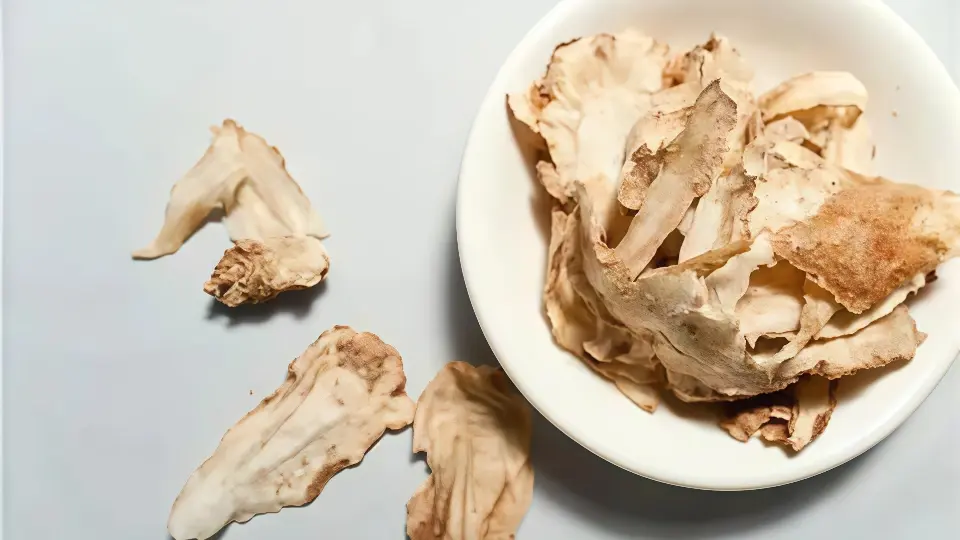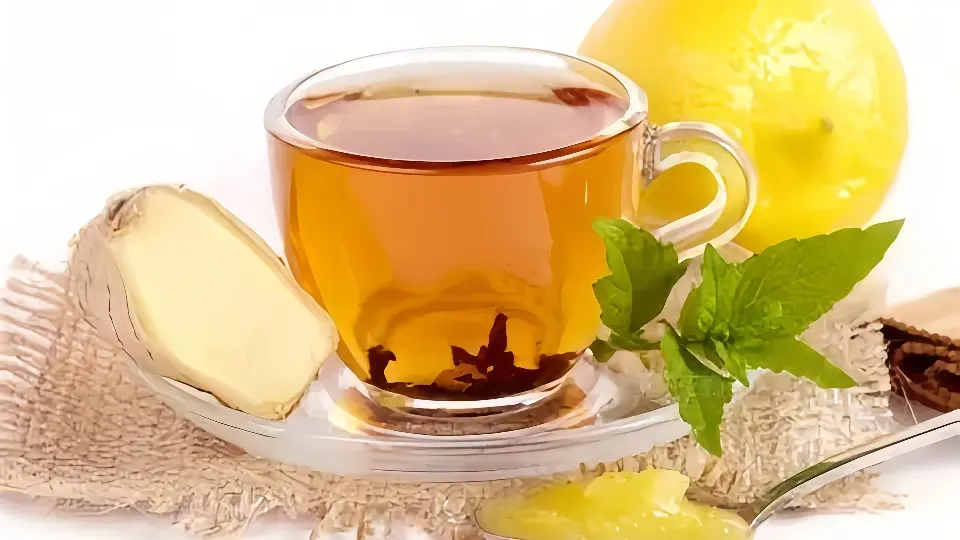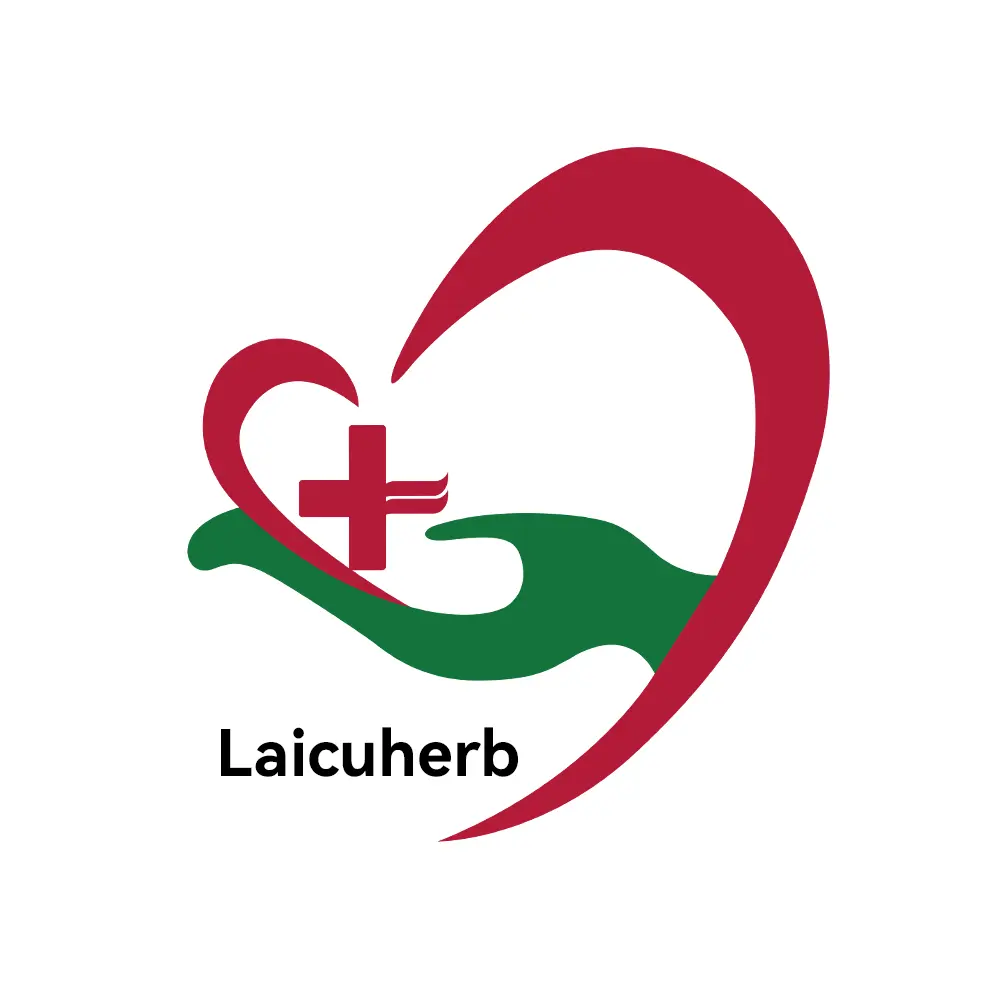Is Womb Tea Safe During Pregnancy? What You Need to Know
Table of Contents
Introduction
If you have just discovered you are pregnant and are exploring the question, “Can a pregnant woman take Womb Tea?”, first, give yourself a big pat on the back. This kind of caution and responsible attitude is the best protection for your baby.
If pregnancy is confirmed, stop drinking Womb Tea immediately.
This is not alarmist; rather, it is the most scientific advice based on the safety of its ingredients and the special physiological state of pregnancy.
Why Is Womb Tea Not Recommended During Pregnancy?
The original intention of Womb Tea is to support non-pregnant women in regulating their bodies and preparing for conception. But once pregnant, its actions pose significant risks:
Uterine Contraction Demonstration Animation
Common Ingredients and Potential Risks
Although the formula varies, be specifically cautious of these ingredients often found in menstrual-regulating products:
Important Tip: Even ingredients that sound "natural" may not be safe during special physiological states. If you have any questions, the best course of action is to consult your doctor.

"I Drank Womb Tea Before I Knew. What Should I Do?"
Don't panic. If you consumed it once or twice before knowing you were pregnant, it usually won't cause severe harm.
The most important steps are:
- Stop drinking it immediately.
- Inform your doctor about the product and ingredients you took during your next prenatal visit.
By being transparent with your information, you and your baby can receive the most appropriate care.
Safer Tea Alternatives During Pregnancy
If you miss the comfort of a warm herbal tea, these options are relatively safer choices (please still consult your doctor and consume in moderation):
*Special Note: Red Raspberry Leaf is usually only recommended for the late third trimester, under medical guidance.*

The Most Crucial Step: Ask Your Doctor, Don't Hesitate
Womb Tea is designed as warm support for women preparing for conception, but it is not suitable to accompany you throughout your pregnancy.
Pregnancy is a sensitive journey. Pausing your consumption is an investment in providing a more stable, safer environment for your baby's growth.
If you still miss the aroma of that tea—maybe try a cup of warm lemon honey water, or a light red date soup.
References
- American College of Obstetricians and Gynecologists (ACOG). Herbal Use During Pregnancy: A Review of Safety Data and Recommendations.
- U.S. National Library of Medicine. Review of Uterine Stimulants in Herbal Teas and Potential Miscarriage Risk.
- Centers for Disease Control and Prevention (CDC). Dietary and Supplemental Guidelines for Prenatal Care.
- World Health Organization (WHO). Traditional Medicine Strategy: Considerations for Herb-Drug Interactions in Vulnerable Populations.
Disclaimer: The information above is for educational purposes only and is not a substitute for medical advice. Always consult a healthcare professional.








